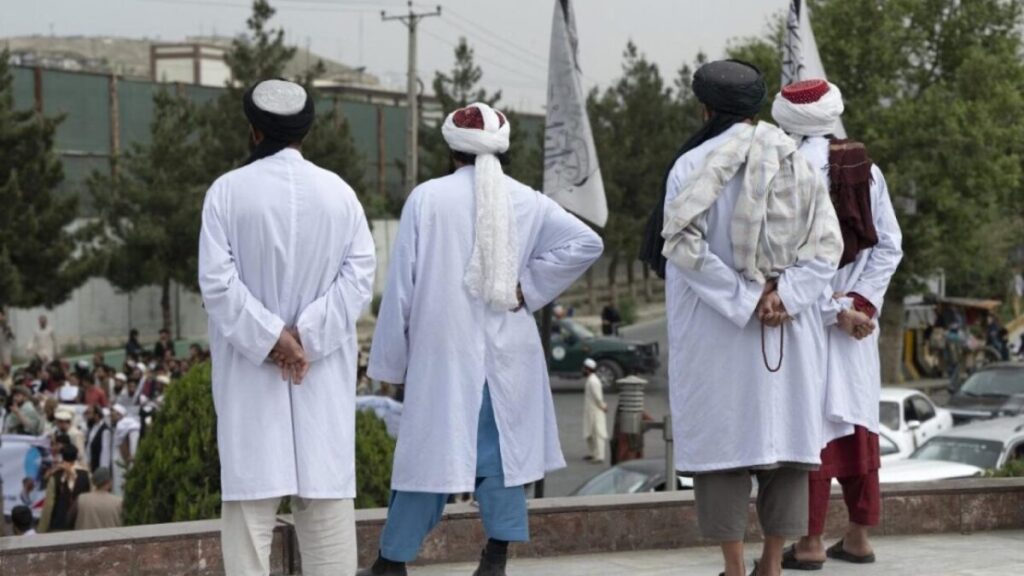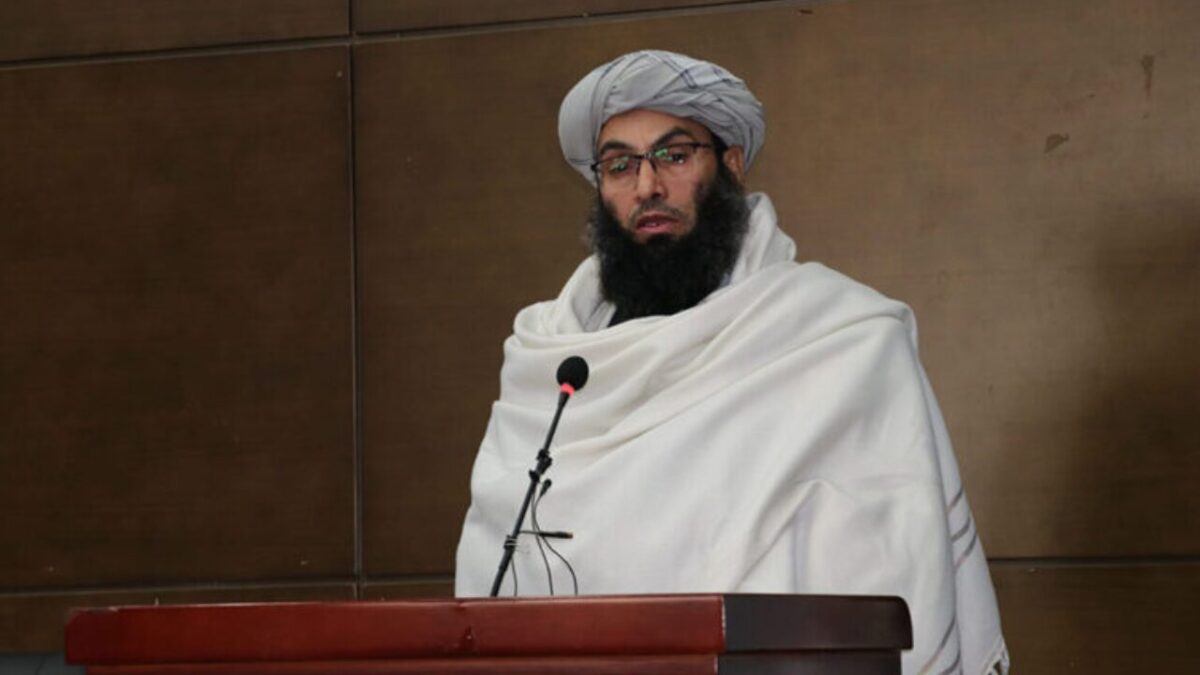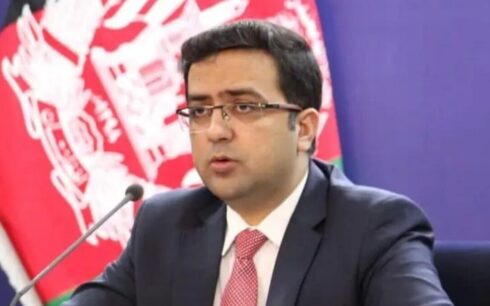The Taliban’s vice and virtue minister, Khalid Hanafi, emphasized in his trip to western Afghanistan reiterated the forcement of the Taliban’s controversial morality law.
Hanafi, addressing gatherings in Farah and Herat provinces, urged residents to disregard “enemy propaganda and the media” and instead support the Taliban’s interpretation of Islamic law.
“Western countries are doing everything they can to distort the image of the Islamic government, especially the Ministry for the Promotion of Virtue and Prevention of Vice, to sow fear among the people,” Hanafi said in Farah. He encouraged the public to reject outside criticism and to help strengthen the Taliban’s rule.

The new morality law, introduced in August, grants broad powers to the Taliban’s morality police, enabling them to detain and punish those deemed in violation of Taliban standards of behavior. The law mandates that women cover their entire bodies and faces to “prevent temptation.” It also explicitly prohibits women from raising their voices in public spaces, including singing, chanting, or reciting aloud.
Article 13 of the law is among the most restrictive, requiring that “the entire body of a woman be covered.” Section 7 forbids adult men from looking at unrelated women and restricts women from viewing men to whom they are not related. In addition, the law prohibits women from meeting with men who are not immediate family members.
The new measures have drawn widespread criticism from both Afghans and international human rights advocates. Women in particular say the restrictions severely impact their lives, barring them from work, education, and public life.
“For three years, the Taliban have imposed rule after rule that make life hard for women, going so far as to label our voices as shameful,” said Pelwasha, a resident of Farah. Shaista, another resident, echoed this frustration: “I am among the many whose voices are now considered shameful. We are forbidden from working, studying, even asking questions. Our voices are treated as a crime.”
The law further restricts media coverage, banning journalists from recording Taliban officials’ meetings or events. During Hanafi’s recent trip, journalists were prevented from filming his speeches and interactions with local residents.
The restrictive new law appears to have exposed divisions within the Taliban’s ranks. While the Ministry for the Promotion of Virtue enforces strict gender restrictions, other Taliban officials have continued to meet with female foreign diplomats, with some of those encounters publicly documented, raising questions about internal consistency and enforcement.





